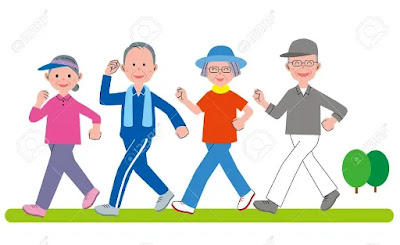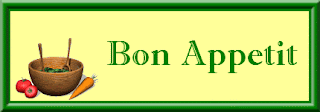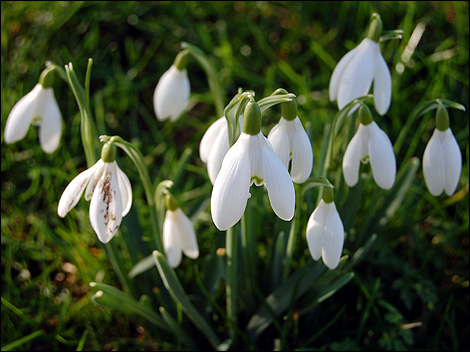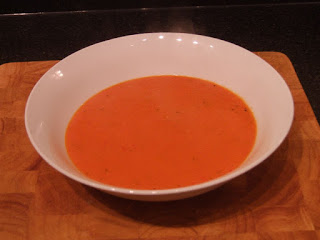"Do you remember the first time you learned to brush your teeth?
It seems like a simple thing to do, but you’ll be shocked to know that a lot of people still make mistakes when brushing their teeth.
What’s even more shocking is the idea of how people cleaned their teeth when toothbrushes still didn’t exist.
With that said, here are 10 facts about brushing your teeth to feed your curiosity!
1. It’s dangerous to brush your teeth immediately after eating.
You can damage your tooth enamel, the outer layer of your tooth, by brushing your teeth right after eating.
The tooth enamel weakens when you consume acidic foods like meat, pasta, and fish.
Dentists recommend waiting at least 30 minutes before brushing your teeth after a meal.
This is enough time for your tooth enamel to harden again, preventing it from being damaged.
2. The toothbrush we use today was invented in prison.
It’s crazy to think that people used to live without using a toothbrush.
For people to clean their teeth before, the most common way was to use a rug and soot.
William Addis hated this way of cleaning his teeth, which led him to make the first toothbrush in 1780 while he was imprisoned after starting a riot.
He made it by putting holes in a cow bone to insert pig bristles.
After being released from prison, he immediately built a company to mass-produce his invention.
3. Brushing your teeth is useless when you rinse.
You remove an active ingredient from your toothpaste called fluoride when rinsing after brushing your teeth.
Once removed, your teeth become prone to oral health problems such as tooth decay, gum disease, and acid erosion.
Even using mouthwash after brushing your teeth can still take off the fluoride.
Spitting is the only way to remove excess toothpaste without getting rid of the toothpaste’s fluoride.
The only time you should rinse with water is after flossing since it guarantees that all food debris left in your mouth is washed away.
4. A hard-bristled toothbrush is bad for your teeth.
The reason why some hard-bristled toothbrushes are still sold boils down to the fact that some consumers believe they’re more effective in cleaning their teeth.
But thinking that a hard-bristled toothbrush cleans your teeth better is a myth.
It can make your gums bleed and damage your tooth enamel, which is why dentists don’t recommend it.
What they suggest instead is a soft-bristled toothbrush because it removes plaque from your teeth and gums in a gentle way.
It can also reach areas of your teeth that a hard-bristled toothbrush can’t clean.
But remember that brushing too hard with a soft-bristled toothbrush is no better than using a hard-bristled toothbrush.
5. Brushing your teeth isn’t enough to remove bad breath.
It doesn’t matter how often you brush your teeth daily; you’ll still have bad breath if you don’t clean your tongue.
When you see your tongue looks whitish or yellowish, it’s a sign for you to clean it.
A white or yellow tongue results from bacteria building up on your tongue, which can eventually reach your teeth and gums.
This makes brushing your teeth less effective in protecting them from oral health problems.
You can use the backside of your toothbrush to clean your tongue, but using a tongue scraper does a better job of removing bacteria and preventing bad breath.
6. Whitening toothpaste can damage your teeth.
Whitening toothpaste contains more abrasive ingredients than regular toothpaste.
This can make your teeth appear slightly whiter by removing extrinsic stains or stains from the outermost layer of your teeth.
Some examples would be stains from coffee, cigarettes, and sodas.
Although, using a whitening toothpaste comes with a risk as more abrasive toothpaste leads to thinner enamel, making your teeth sensitive and even appearing darker.
7. Your toothbrush contains bacteria.
Bacteria from your mouth stay on your toothbrush after brushing your teeth.
While most bacteria from it are harmless, some can cause infections.
Studies show that some bacteria are still found on your toothbrush despite rinsing it with water. That’s why dentists recommend replacing your toothbrush regularly.
Because aside from effectively removing plaque, a new toothbrush is less prone to fungal and bacterial growth.
It’s also better not to store your toothbrush in a closed container as this results in moisture, where bacteria thrive.
8. Heart problems can be a result of poor oral hygiene.
You wouldn’t suspect poor oral hygiene or dental problems can cause heart problems.
However, a study found that people with poor oral hygiene and gum disease had a higher risk of coronary heart disease.
Bacterial infection from bleeding gums can enter the bloodstream, affecting different parts of your body, like your heart.
This dental problem can trigger inflammation in the heart vessels and infect the heart valves.
So maintain your proper oral hygiene to achieve healthy teeth and heart.
9. It’s alright to brush your teeth without using toothpaste.
Surprisingly, toothbrushes alone can clean your teeth; the brushing motion is enough to remove plaque from your teeth.
Dentists even suggest dry brushing as it makes you take your time when brushing your teeth, removing more plaque.
Ideally, you should brush your teeth for two minutes — regardless if you use toothpaste or not.
Brushing for under a minute prevents you from removing a lot of plaque from your teeth.
On the other hand, brushing for more than 2 minutes can cause your gums to recede or your tooth enamel to erode.
10. An electric toothbrush cleans better than a manual toothbrush.
An electric toothbrush is more effective in removing plaque due to its vibration or rotation feature.
It also does a better job of making your gums healthy.
When it comes to the movement per minute, there’s a huge difference.
A manual toothbrush only generates around 300 to 400 movements per minute, while an electric toothbrush produces up to 48,000 movements per minute — depending on the type of electric toothbrush you use.
What makes most electric toothbrushes even better is their built-in timer feature that ensures you always brush your teeth for at least two minutes.
~ xx ~
Brushing your teeth is easy, but that doesn’t mean you’re doing it effectively.
There are tips to consider before, during, and after brushing your teeth to ensure you’re not making dental hygiene mistakes.
Knowing these tips can prevent you from following misconceptions and increasing the risk of numerous health problems."You can see the words above with related links in article here
Related Post
Let's Get Tooth Brushing : Some tips on looking after our teeth Read it here
You may also like to read 'Take care of your teeth and gums' by NHS UK here
Please note that articles within this blog are provided for general information only and should not be treated as a substitute for the medical advice of your own doctor or any other health care professional. If you have any concerns about your general health, you should contact your local health care provider.
Dear reader, within this blog you will find a variety of articles, studies, thoughts, music and recipes! It is presented in a magazine style - we hope something for everyone. Our main focus is about the Low Carb Higher (Healthy) Fat lifestyle, LCHF for short, and you can read/find out more about that here
All the best Jan




















.jpg)










